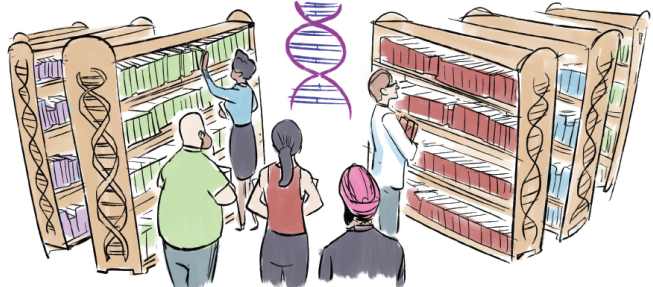
After a short break (most of the team have been off enjoying their summer holidays!) the A-Z blog is back! Since we are just over halfway through the A-Z series, Tom [EDIT Lab PhD student] has put together a quiz based on all our previous posts for you to test…










Recent Comments